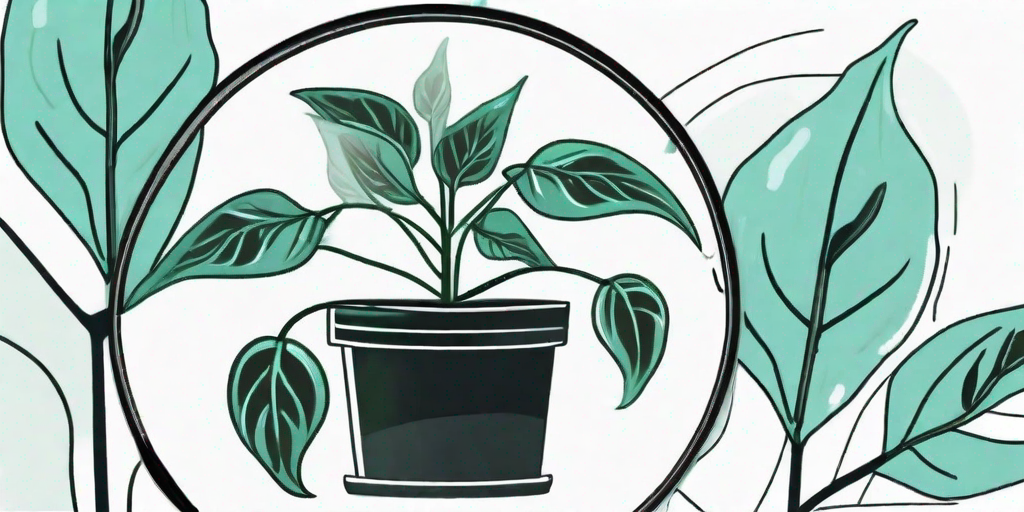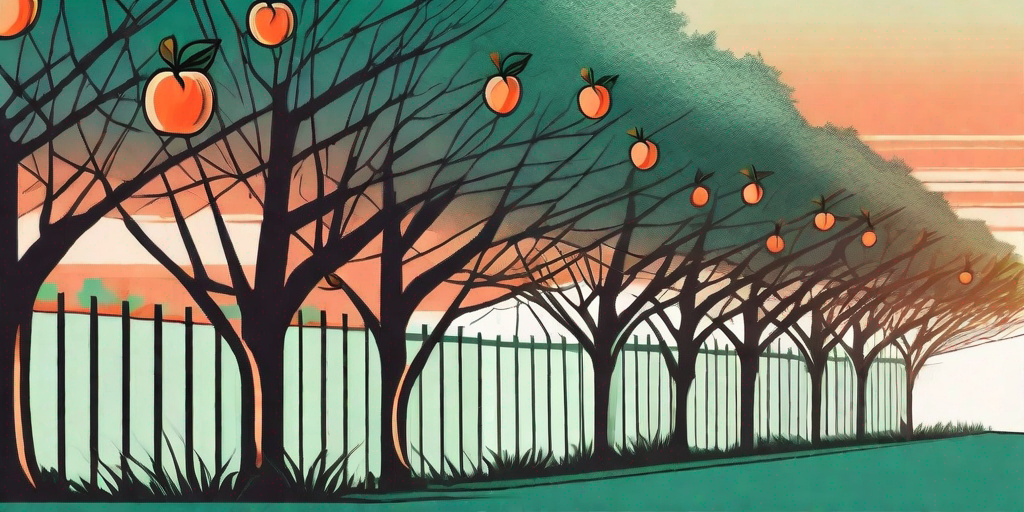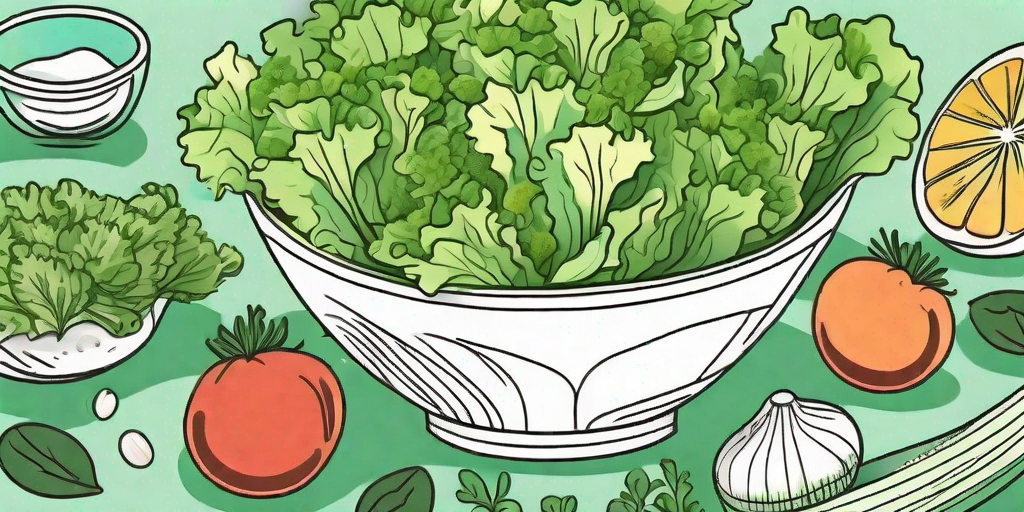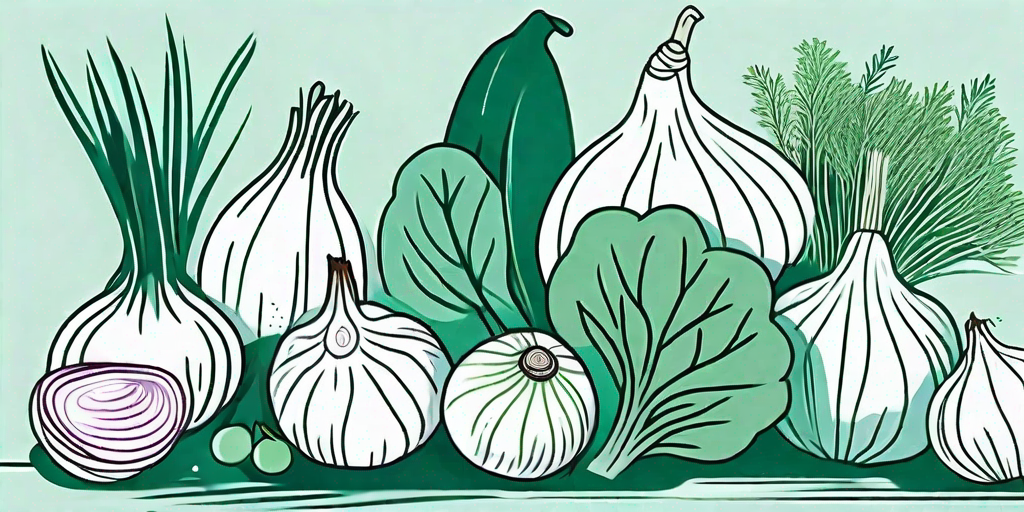
Ah, the joy of gardening! The sun on your back, the dirt under your nails, and the satisfaction of watching your plants grow. That is, until you notice that your once vibrant pepper plant has taken a turn for the worse. The leaves are turning black and you're left scratching your head, wondering what went wrong. Fear not, dear gardener, for we are here to help you diagnose and treat your ailing plant.
Understanding Pepper Plants
Before we dive into the nitty-gritty of troubleshooting, let's take a moment to understand our green friends. Pepper plants, like all living things, have their own set of needs and preferences. They love the sun, require well-drained soil, and need a good balance of nutrients to thrive. When these conditions are not met, they can develop a range of issues, including black leaves.
Now, you might be thinking, "But I've been taking care of my plant! I water it, I talk to it, I even play it smooth jazz on Sundays!" And while your plant surely appreciates your efforts (and your excellent taste in music), there could be other factors at play causing its leaves to turn black.
Common Causes of Black Leaves
There are several reasons why your pepper plant's leaves might be turning black. Let's explore some of the most common ones.
1. Bacterial Leaf Spot
One of the most common culprits behind black leaves is a disease known as bacterial leaf spot. This is caused by a bacterium that loves to feast on your plant's leaves, leaving behind black, water-soaked spots. Over time, these spots can grow and merge, causing the entire leaf to turn black and fall off.
Unfortunately, bacterial leaf spot is highly contagious and can spread to other plants in your garden. So, if you notice these symptoms, it's best to remove the affected leaves and treat your plant immediately.
2. Fungal Diseases
Another common cause of black leaves is fungal diseases. These can occur when your plant is consistently exposed to damp, cool conditions. Some of the most common fungal diseases that affect pepper plants include anthracnose, leaf blight, and black mold.
Like bacterial leaf spot, these diseases can spread to other plants and can cause significant damage if left untreated. Therefore, it's crucial to identify and treat these diseases as soon as possible.
How to Treat Your Pepper Plant
Now that we've identified some potential causes, let's talk about how to treat your pepper plant. Here are some steps you can take to help your plant recover.
1. Remove Affected Leaves
First things first, remove any leaves that are showing signs of disease. This will help prevent the disease from spreading to the rest of the plant. Be sure to dispose of these leaves properly and not in your compost pile, as this could spread the disease to other plants.
When removing leaves, be sure to use clean, sharp tools. This will help prevent any further damage to your plant and reduce the risk of spreading the disease.
2. Apply a Fungicide or Bactericide
Once you've removed the affected leaves, you can treat your plant with a fungicide or bactericide. These can be found at your local garden center and are typically easy to apply. Be sure to follow the instructions on the label for the best results.
Keep in mind that these treatments are not a one-time solution. You'll need to continue applying them as directed until your plant has fully recovered.
Preventing Black Leaves
As the old saying goes, "An ounce of prevention is worth a pound of cure." This is certainly true when it comes to gardening. Here are some tips to help prevent your pepper plant's leaves from turning black in the first place.
1. Provide Proper Care
Ensure your plant is getting the right amount of sunlight, water, and nutrients. Pepper plants love the sun, so make sure they're getting at least 6-8 hours of direct sunlight each day. They also prefer well-drained soil, so avoid overwatering.
As for nutrients, a balanced fertilizer can help provide your plant with the nutrients it needs to thrive. Just be careful not to over-fertilize, as this can cause more harm than good.
2. Practice Good Hygiene
Keep your garden clean and free of debris. This can help prevent the spread of diseases and pests. Also, be sure to clean your tools regularly, especially if you've been working with diseased plants.
Finally, consider rotating your crops each year. This can help prevent the buildup of diseases in the soil and can keep your plants healthy.
Frequently Asked Questions
- Can black leaves turn green again?
Unfortunately, once a leaf has turned black, it cannot turn green again. The best course of action is to remove the affected leaves and treat the plant to prevent further damage.
- Can my plant recover from black leaves?
Yes, with proper care and treatment, your plant can recover from black leaves. However, it's important to catch the problem early and treat it promptly for the best chance of recovery.
- How can I prevent black leaves in the future?
Providing proper care, practicing good garden hygiene, and rotating your crops each year can all help prevent black leaves in the future.
So there you have it, folks! While black leaves on your pepper plant can certainly be a cause for concern, with a little knowledge and some TLC, your plant can bounce back in no time. Happy gardening!











